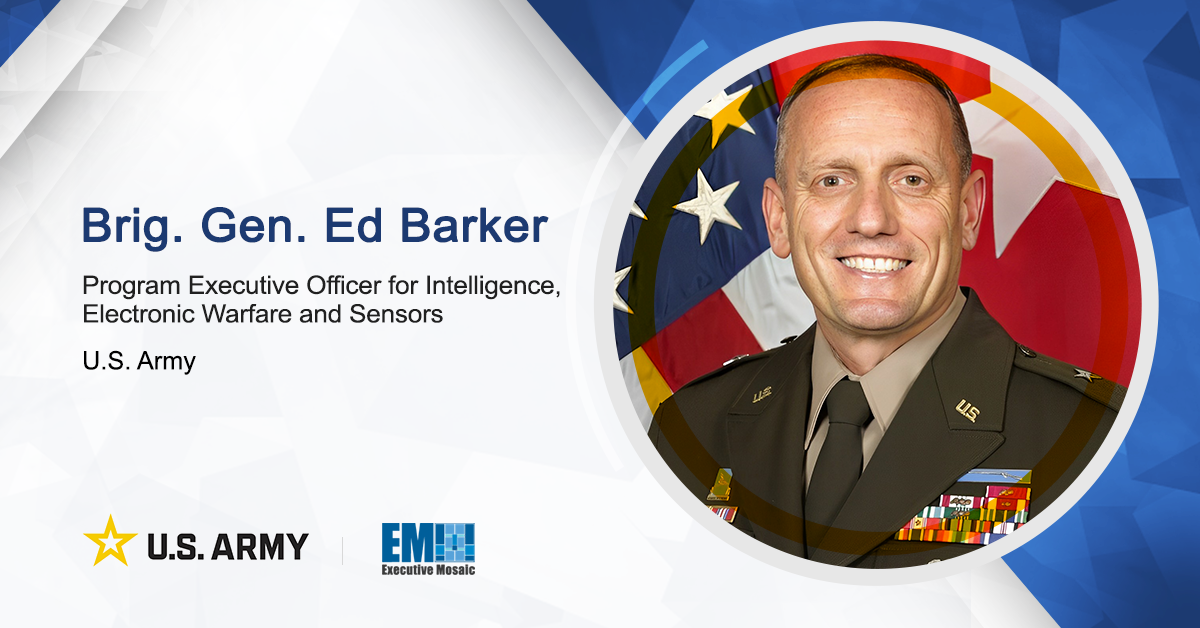With Eisenhower renaming, Army’s 100+ years honoring Confederates ends
FORT EISENHOWER, Ga. — When this installation’s former namesake invaded Maryland, the U.S. Army shot him five times.
Despite receiving five bullets at Antietam in 1862 — and three additional wounds in other battles — as he rose from captain to major general in the Confederate army during the Civil War, former slaveowner John Brown Gordon survived to become the head of the Ku Klux Klan in Georgia.
As a member of the U.S. Senate, Gordon helped negotiate the end of Reconstruction in 1877, which rehabilitated the white Southern elite and allowed a new era of racial oppression to emerge. A two-term governor of Georgia, Gordon was also the first commander of the United Confederate Veterans.
But in a Friday morning ceremony just outside of Augusta, the Army eschewed Gordon’s legacy in favor of that of Dwight D. Eisenhower, the post’s new namesake. Eisenhower helped lead the destruction of Nazi Germany as a five-star general in World War II, and oversaw key racial integration milestones later as president. In 1957, Eisenhower deployed the 101st Airborne Division to Arkansas and federalized the state’s National Guard when the governor attempted to block nine Black students from attending Little Rock Central High School.
Army Secretary Christine Wormuth spoke of Eisenhower’s achievements in a speech accompanying the ceremony, which members of the former president’s family attended.
Friday’s renaming marks the final such installation-level move for the Army, culminating a nearly three-year process that began when Congress’ fiscal 2021 defense policy bill established the bipartisan Naming Commission to rename the military’s places and objects that honored Confederates. Four members of the commission attended the final redesignation at Eisenhower.
Wormuth’s remarks also acknowledged how the renaming process emerged from the “unrest and significant division in our country” that followed racial justice protests sparked by the 2020 death of George Floyd. But she celebrated how the new namesakes “unquestionably represent” what the Army wants to see from its future soldiers and leaders.


